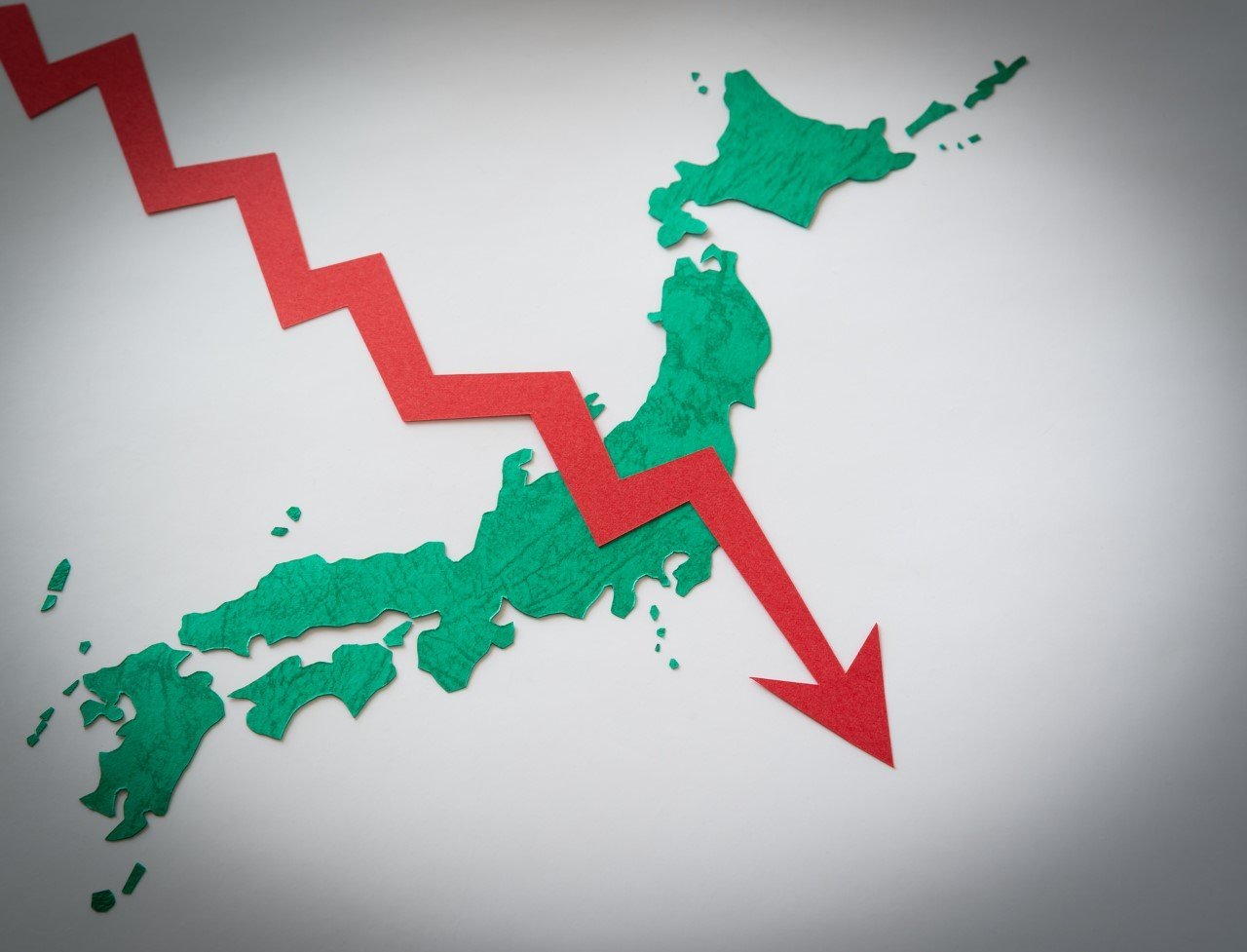2022/03/31
Economy and Society Study Group released "Economic and Social Challenges of COVID-19 ― Human, City and Economy ― "
The Novel Coronavirus that emerged in the spring of 2020 persists even today. Throughout FY2021, the Economy and Society Study Group at Nakasone Peace Institute has been examining the situation from three perspectives: the impact on people, the impact at the city and regional levels, and the impact at the macroeconomic level.
The messages from our study can be summarized as follows.
(1)Policy formulation should be based on scientific evidence.
The fact-finding survey conducted by our Study Group revealed that infection with the Novel Coronavirus may occur through a variety of routes other than restaurants, including workplaces and commuting. However, most of the actual social concern and policy responses have been related to restaurants. It is necessary to consider a framework in which accurate information, data, and objective analysis on Novel Coronavirus infections can be shared socially through risk communication or utilized in policy.
(2)Along with physical health, a sense of well-being (a state in which physical, mental, and social relationships are positive and harmonious) should also be emphasized.
Countermeasures against coronavirus infection tended to focus on the physical aspect of limiting interpersonal contact. However, such measures themselves may increase social isolation and loneliness, leading to a vicious cycle of decreased well-being, which in turn leads to decreased physical health, which again spirals to further decreased well-being. It is important to consider measures to alleviate the burden on people both physically and mentally
(3)Resilience of economic and social activities should be ensured.
In response to external risks such as a Novel Coronavirus pandemic, after a risk and cost assessment and from the perspective of crisis management, measures to maintain and continue basic functions such as medical care and infrastructure, including preparations for normal times, should be considered at the national, city, and regional levels.
(4)Urban, suburban, and rural urban functions should work together to find ways to solve problems.
In many cases, it is difficult for a single city or region to solve problems caused by macro changes such as demographics, climate change, or globalization on its own. It is necessary for cities, suburbs, and rural areas to share common social capital, including industrial infrastructure, data and information, and communities, and to enhance economic vitality overall by taking advantage of the decreasing constraints of time and distance gained through digital transformation
(5)It is important to time the policy shift with an eye on the post-coronavirus period.
In response to the coronavirus pandemic, it is important to ensure that in the short term, temporary employment adjustments and business crises do not remain as permanent damage in such forms as long-term unemployment and corporate closures and bankruptcies. While Japan has succeeded to some extent in achieving these policy goals, it cannot be denied that the policy may have a negative impact on economic growth in the long run by restraining necessary employment mobility and preserving companies that should exit the market. In the future, it is important to measure the timing of policy changes with an eye on the exit from the coronavirus pandemic.
(6)The impact of the coronavirus pandemic on income distribution should be assessed and necessary policy measures should be taken.
In the current coronavirus shock, as in the Lehman shock period, non-regular employees have been more severely affected by the crisis. Moreover, in the current crisis, non-regular employees in the non-manufacturing sector, especially female non-regular employees who work mostly in the personal services sector, have been the most affected, and there are concerns about issues in terms of income distribution. It is necessary to identify these impacts at an early stage and take short-, medium-, and long-term policy measures.
(7)Medium- and long-term issues should be identified and policy measures should be taken.
Japan's medium- to long-term challenges, such as population decline, fiscal reconstruction, social security, and the lukewarm economy (an economy in which households do not actively consume regardless of an increase in income and companies do not actively invest even when their profits increase, making it difficult for the virtuous cycle of the economy to work), are becoming increasingly difficult due to the coronavirus pandemic. In particular, the negative impact of a declining population is likely to materialize earlier than previously assumed. To avoid future confusion, it is necessary to assess the impact of the pandemic on medium- and long-term issues, share the results with society, and apply them to macroeconomic policies and urban and regional policies.





